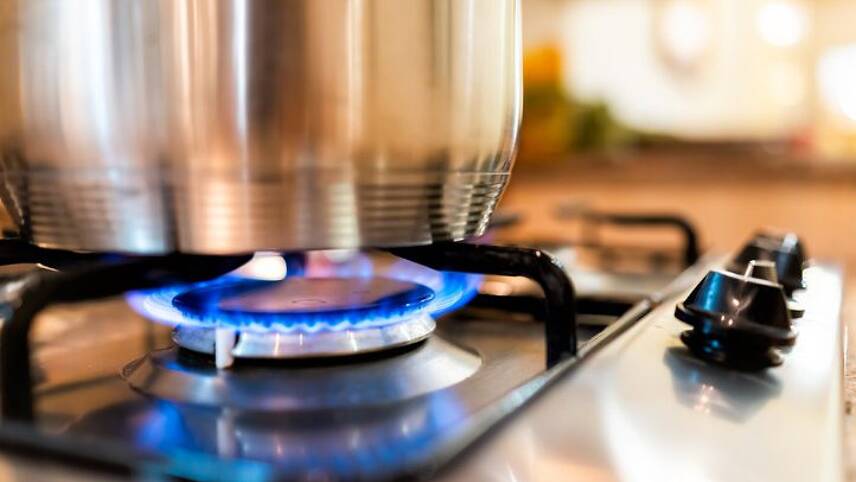Register for free and continue reading
Join our growing army of changemakers and get unlimited access to our premium content

Buildings in the village of Winlaton, near Gateshead, will be some of the first in the UK to trial natural gas blended with hydrogen. In total, 670 houses plus the local church, primary school and several businesses will all receive the hydrogen blend for a period of around 10 months starting early in 2021.
The project will be led by regional gas distributor Northern Gas Networks as part of the HyDeploy North East scheme, with assistance from Cadent, which delivers gas to more than 11 million houses and businesses in the UK.
The organisations are leading on numerous pilot projects that inject zero-carbon hydrogen into an existing gas network. HyDeploy is injecting hydrogen into Keele University’s existing natural gas network, for example, which supplies 30 faculty buildings and 100 domestic properties.
Hydrogen will account for up to 20% of the gas mix in the network. HyDeploy claims this is the highest proportion being tested in Europe at present, given that existing UK legislation prevents hydrogen accounting for more than 0.1% of the national grid mix at any time.
In addition, Northern Gas Networks is aiming to build the first “hydrogen house” in the UK, to be located at the Integrated Transport Gas Electric Research Laboratory in Gateshead.
Hydrogen is one of the key pillars of the UK’s Ten Point Plan to drive a green industrial revolution. The UK will aim to generate 5GW of “low-carbon” hydrogen production capacity by 2030. Up to £500m will be invested in a bid to create a Hydrogen Neighbourhood in 2023, a Hydrogen Village by 2025, and to create the first town running entirely on hydrogen.
Building on that announcement, companies including Orsted and Iberdrola have teamed up in a bid to increase the world’s green hydrogen production fifty-fold by 2026 – in a move they claim will halve costs.
Northern Gas Networks also confirmed that the equivalent of almost 50,000 homes in the north of England was fuelled by the renewable gas biomethane in 2020.
The organisation notes that the amount of biomethane produced increased by almost 50% compared to 2019 levels.
Matt Mace


It does not eliminate the generation of carbon pollutant, produced by the gas.
They should migrate to clean electrical energy generated by water systems.
For example Hydropower.
http://www.deimx.com
SIHE
Francisco Ojeda Civil Engineer
Natural gas occurs naturally either from ground sources or organic waste.
Hydrogen has to be manufactured; it does not occur naturally
Less hydrogen is generated than the energy input, as inefficiencies occur. The conventional electrolytic generation is an obvious example, but all other processes are less than 100% efficient.
Hydrogen is the "leakiest" of all gasses, and not the easiest to handle.
So why is their so much enthusiasm for it?? Yes, it is CO2 free, but how much CO2 precedes this?
Richard Phillips